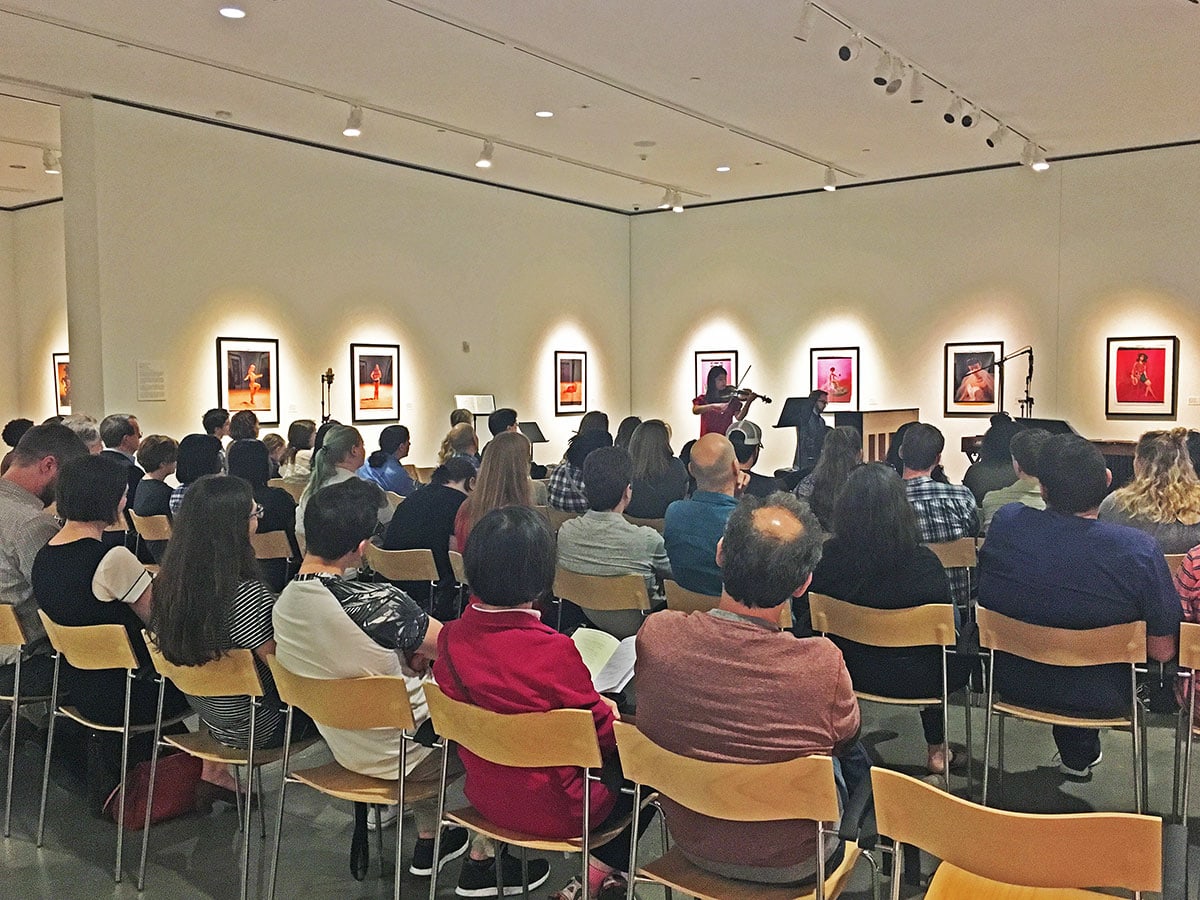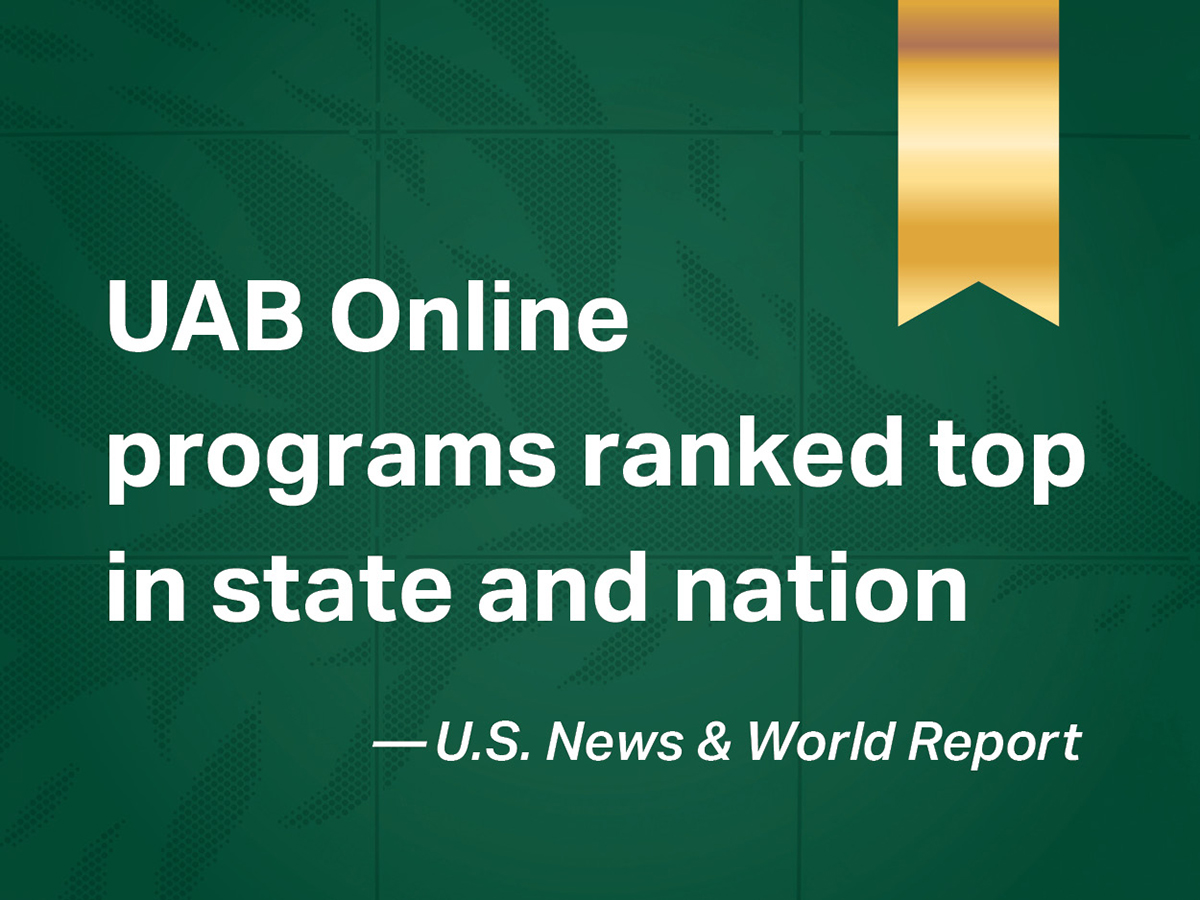This spring, Chris Callison-Burch, Ph.D., was in town to share an unusual approach to machine learning. This is one of the hottest topics in computer science: It is behind everything from Google’s self-driving cars to Apple’s Siri personal assistant.
Callison-Burch, an assistant professor at the University of Pennsylvania, is building a system that can automatically translate foreign languages into English — especially obscure dialects (from an American point of view) that can be of great interest to national security. He was in Birmingham at the invitation of Steven Bethard, Ph.D., a machine learning researcher and assistant professor in the UAB College of Arts and Sciences Department of Computer and Information Sciences.
In order to teach a computer to do something, Callison-Burch explained, you need to give it examples. Lots of examples. For a French-English translation, there are millions of sample texts available on the Internet. For Urdu, not so much.
Crowdsourcing Science: How Amazon’s Mechanical Turk is Becoming a Research Tool
Announcements
CAS News
August 31, 2015
More News
-
 Boosting levels of a protein could relieve pain after surgery, reducing reliance on opioidsUAB researchers share a discovery that could pave the way for non‑addictive alternatives to opioid painkillers amid an era of rising overdose deaths.
Boosting levels of a protein could relieve pain after surgery, reducing reliance on opioidsUAB researchers share a discovery that could pave the way for non‑addictive alternatives to opioid painkillers amid an era of rising overdose deaths. -
 Experience music performed live in the AEIVA galleries, Feb. 16 at UABIn this free Chamber Music @ AEIVA program, “Luna: A Celebration of the Moon,” hear music inspired by the art on show and performed by faculty and guest artists from the Department of Music.
Experience music performed live in the AEIVA galleries, Feb. 16 at UABIn this free Chamber Music @ AEIVA program, “Luna: A Celebration of the Moon,” hear music inspired by the art on show and performed by faculty and guest artists from the Department of Music. -
 UAB Online leads Alabama in multiple categories in U.S. News Best Online Programs rankingsU.S. News & World Report Best Online Programs gives UAB high marks, including a Top 5 national placement.
UAB Online leads Alabama in multiple categories in U.S. News Best Online Programs rankingsU.S. News & World Report Best Online Programs gives UAB high marks, including a Top 5 national placement.